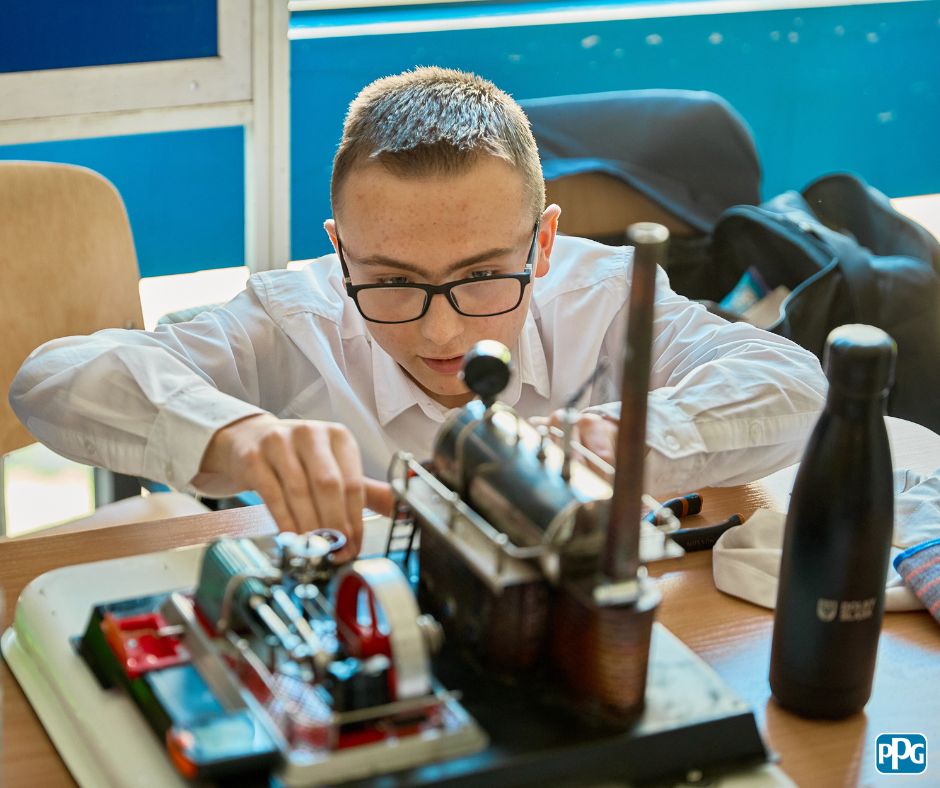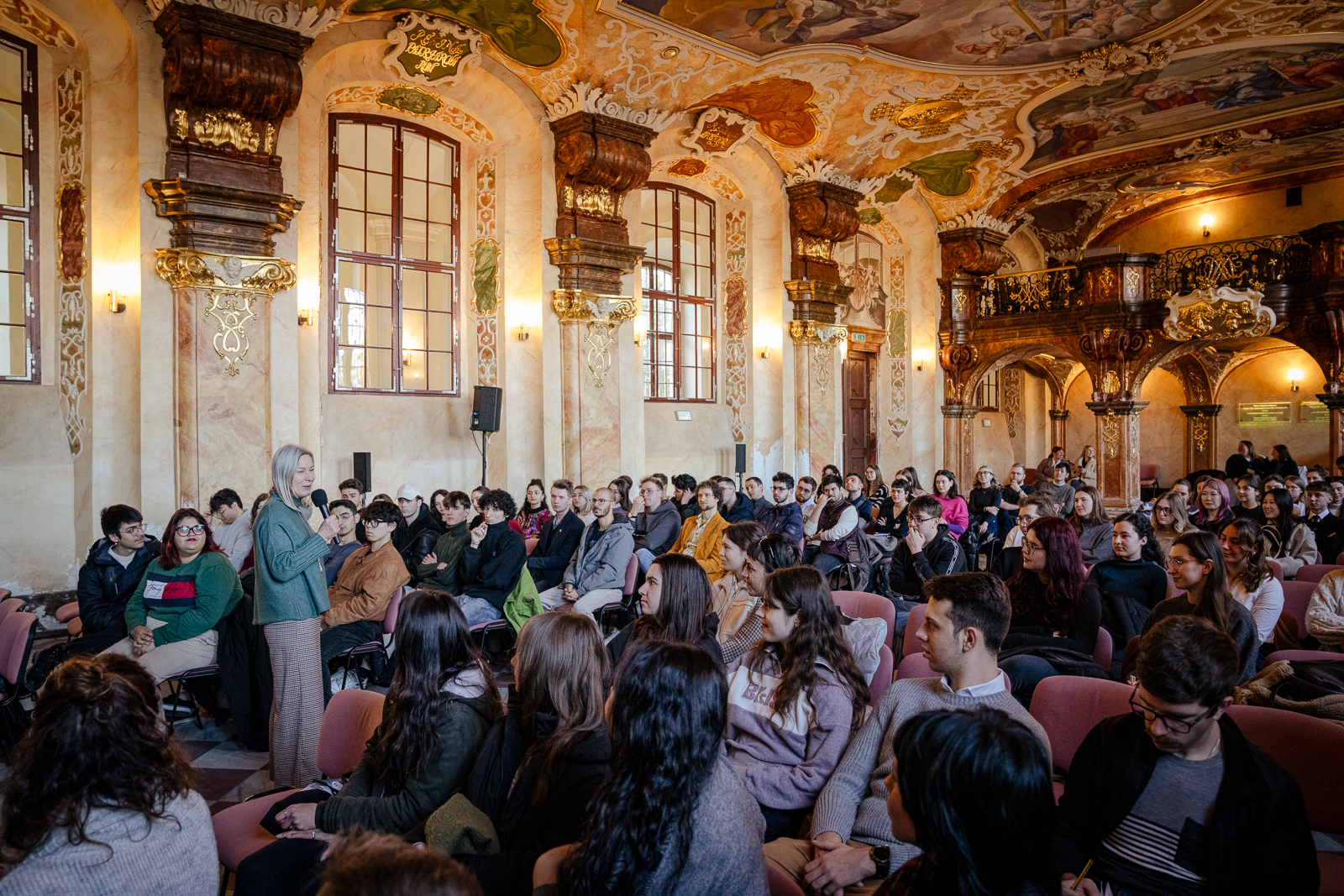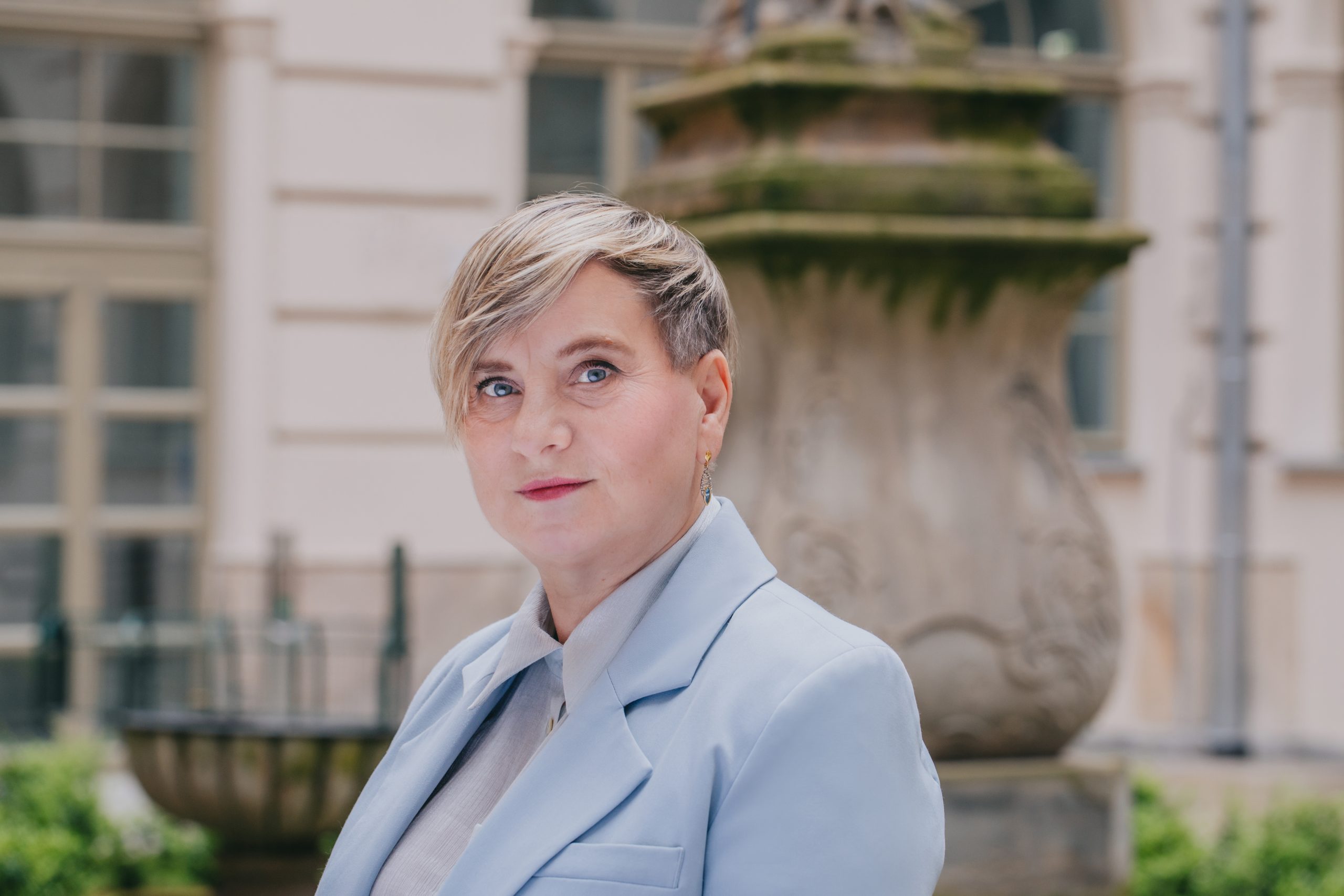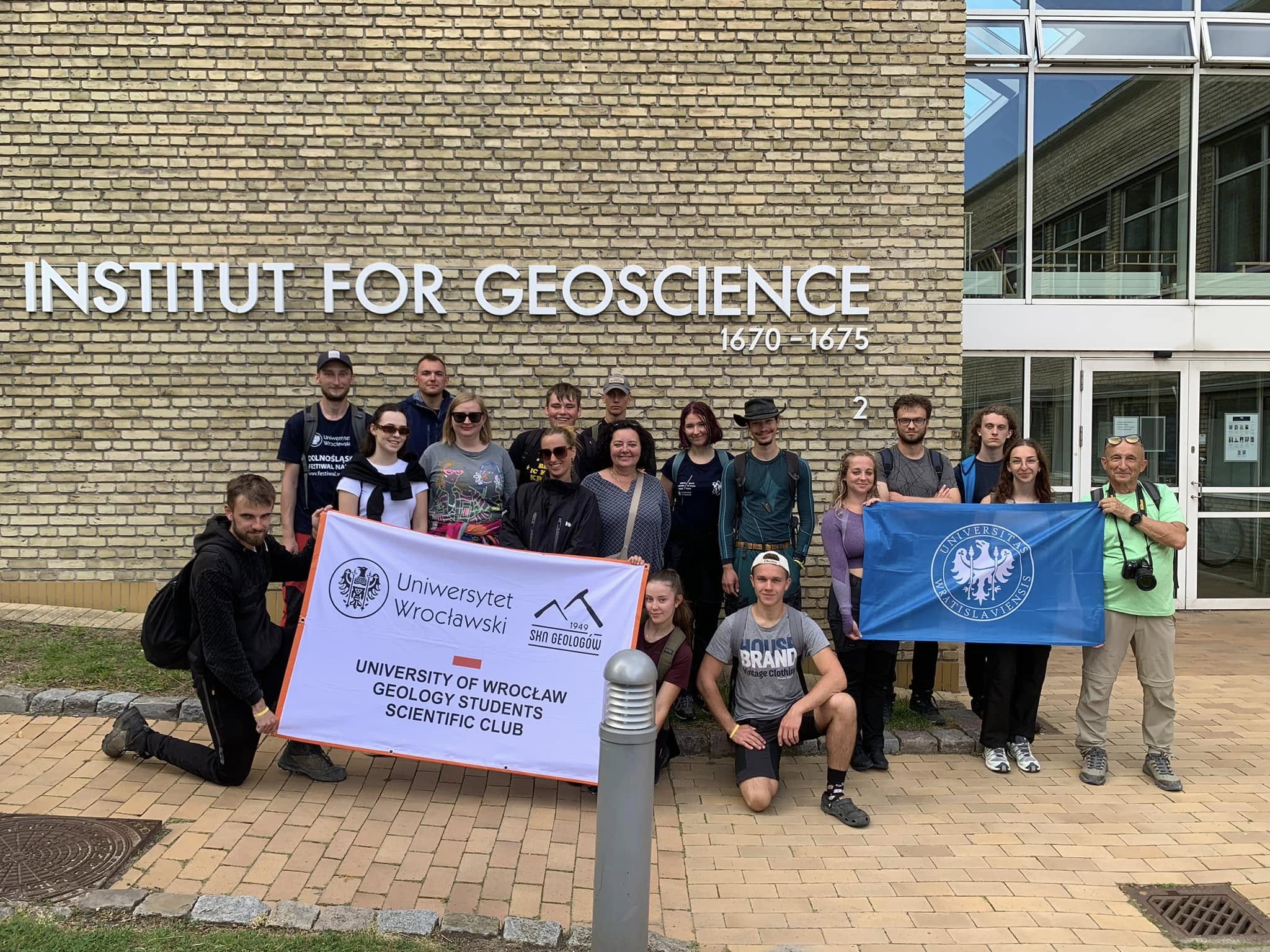News

The University of Wrocław became a part of the Artificial Intelligence Cluster. On 20 February, an agreement was signed on the establishment of the Wrocław cluster, whose mission is to enable and accelerate the implementation of artificial intelligence in economic, educational and social activities and to promote research and innovation in AI.

The Minister’s Lifetime Achievement Award is an individual award that enjoys great prestige in the community. It is a recognition of the laureate’s achievements, which have left a measurable and recognisable contribution to science. Prof. Krzysztof Redlich received the award at the Polish Science Gala in Toruń on 19 February. Our sincere congratulations!

In their research on the biological role of the seed mucus coat, dr hab. Agnieszka Kreitschitz from the Department of Plant Development Biology at the University of Wrocław and prof. Stanislav Gorb from the
University of Kiel (Germany), saw for the first time the exact structure of the mucus at the nanoscale and tested the hypothesis, which had been repeated for years, of the supporting role of mucus in the spread of seeds eaten by animals. Seed mucus as a natural hydrogel is used, among other things, in the food and pharmaceutical industries as well as in bioengineering and medicine.
Imagine a distant star that works like a cosmic magnifying glass, bending and amplifying the light of an even more […]

The results of evaluation based on the current principles will not reflect the actual state of science in Poland – assessed the members of the Conference of Rectors of Universities in Poland (KRUP) in their position paper adopted two days ago. This is another voice of the academic community on the current evaluation of scientific activity.

All young science enthusiasts from grades 5 to 8 of primary school who are familiar with scientific experiments are invited to take part in the Universiada! The Faculty of Chemistry at the University of Wrocław and the Polish Association of Chemical Engineers – Wrocław Branch are organising a unique competition for science enthusiasts for the third time.

On Wednesday, 19 February, during the Welcome Ceremony at the University of Wrocław, the staff of the International Office and dr Łukasz Prus, Vice-Rector for Student Affairs, welcomed around 150 students from all over the world! In the current semester, the group of students at the University of Wrocław has been joined by participants of the Erasmus+ programme and other exchange programmes from European Union countries, as well as from Ukraine, Japan, South Korea, Mexico, Canada, Chile, Morocco, Tanzania, Jordan, Moldova and Kosovo. The event marks the beginning of the Orientation Days at the University of Wrocław.

We would like to invite you to open lectures within the framework of the Interdisciplinary Seminar Studium Generale Universitatis Wratislaviensis named after Professor Jan Mozrzymas. The lectures will take place from 25 to 1 April 2025 on Tuesdays, from 17:15 to 19:15 in the Oratorium Marianum (main building, pl. Uniwersytecki 1, ground floor).
On March 8, the Faculty of Letters of the University of Wrocław organizes the Speech Therapist’s Day. Logopaedics is last […]












